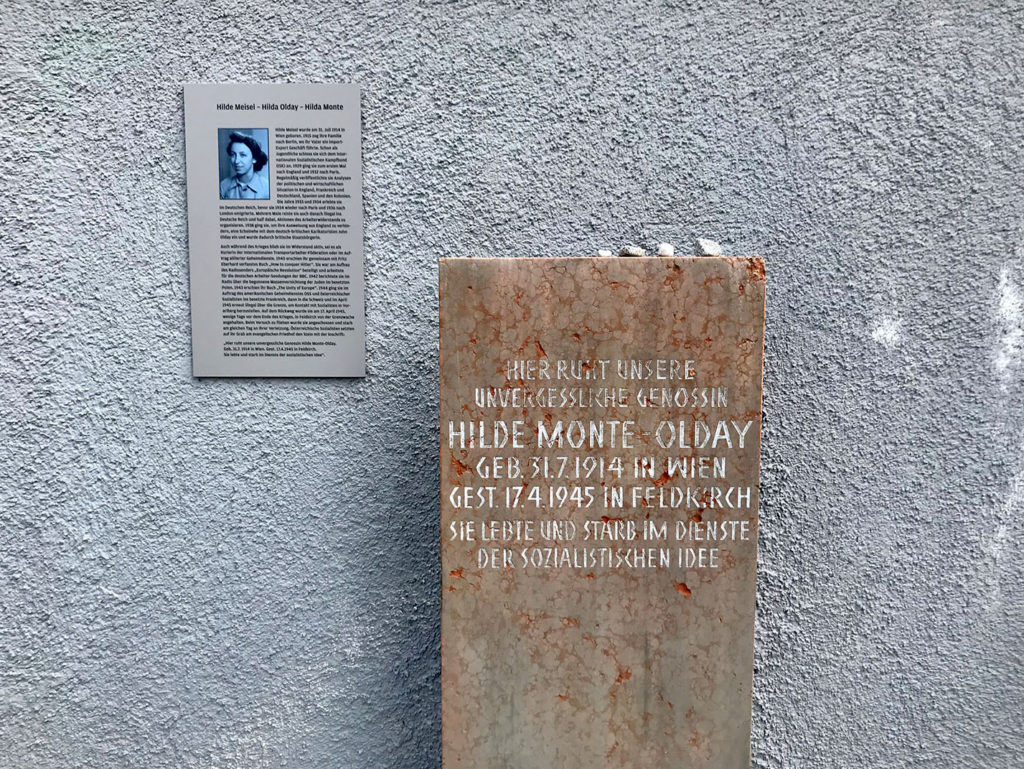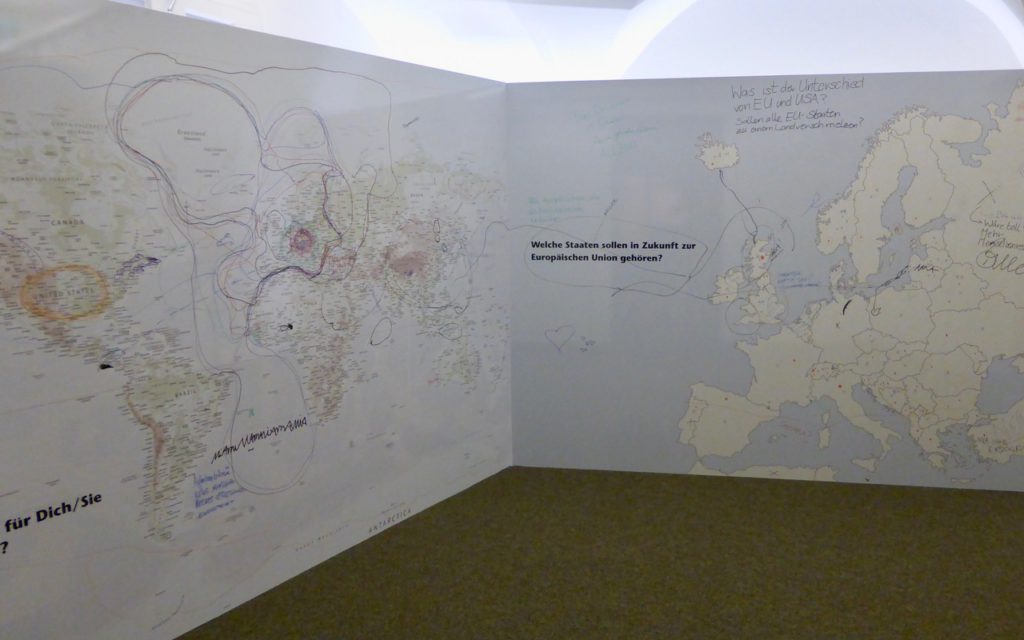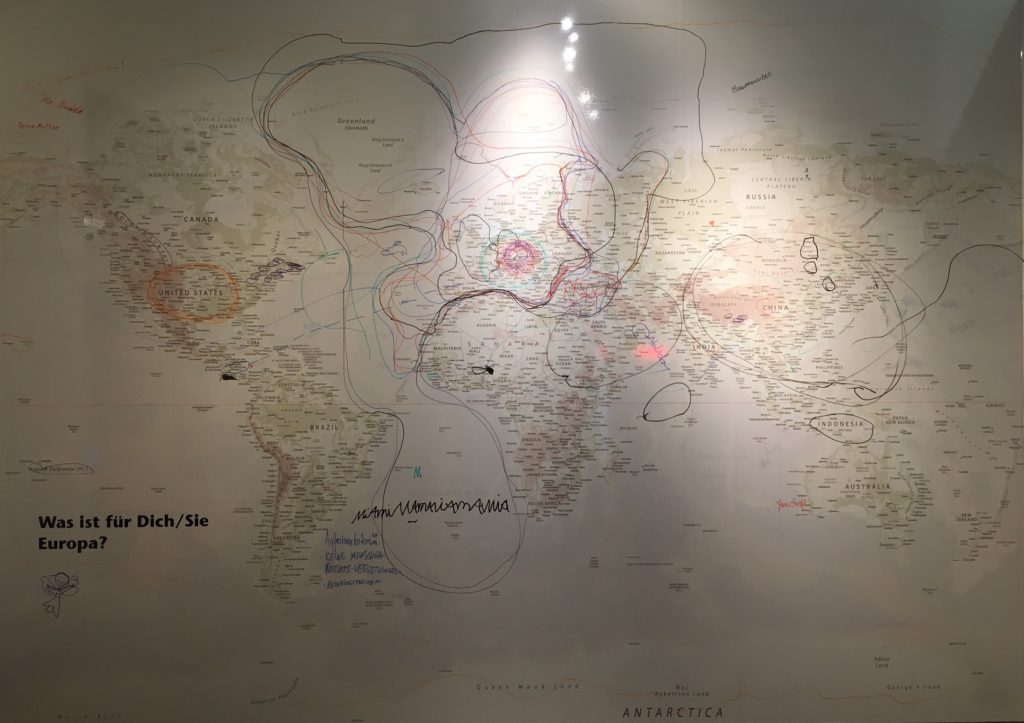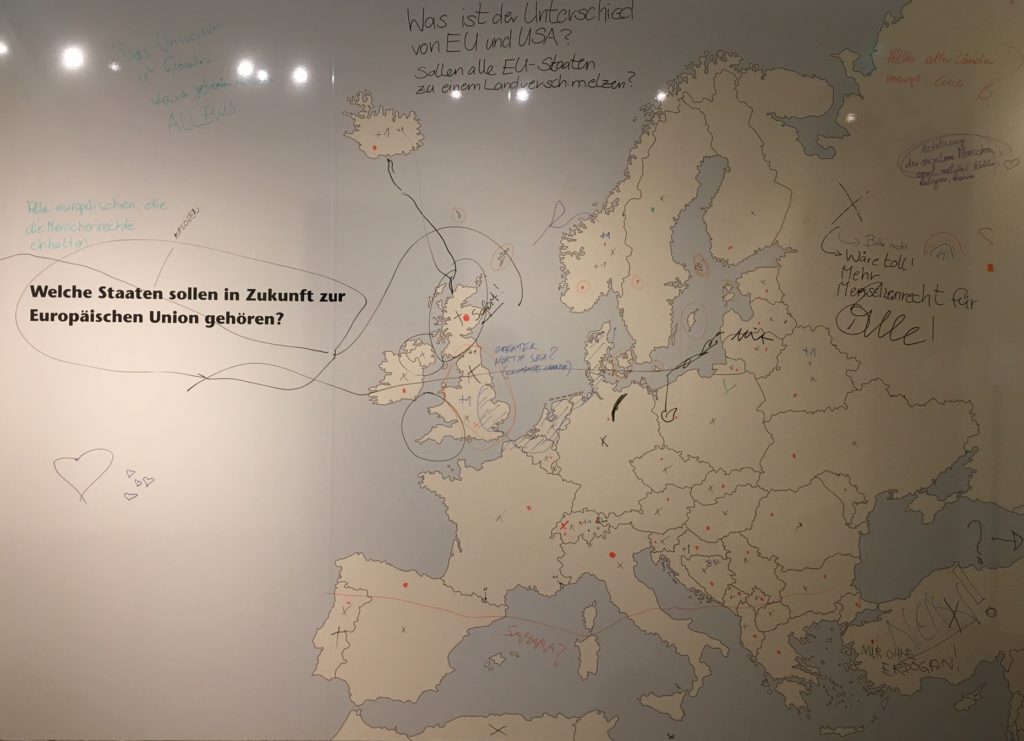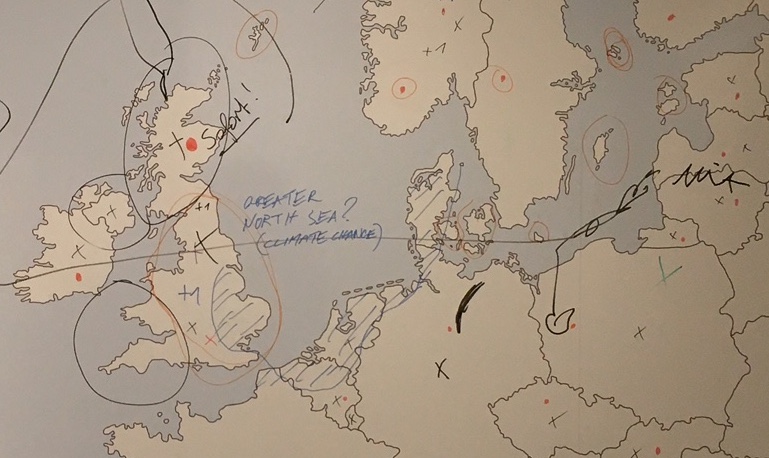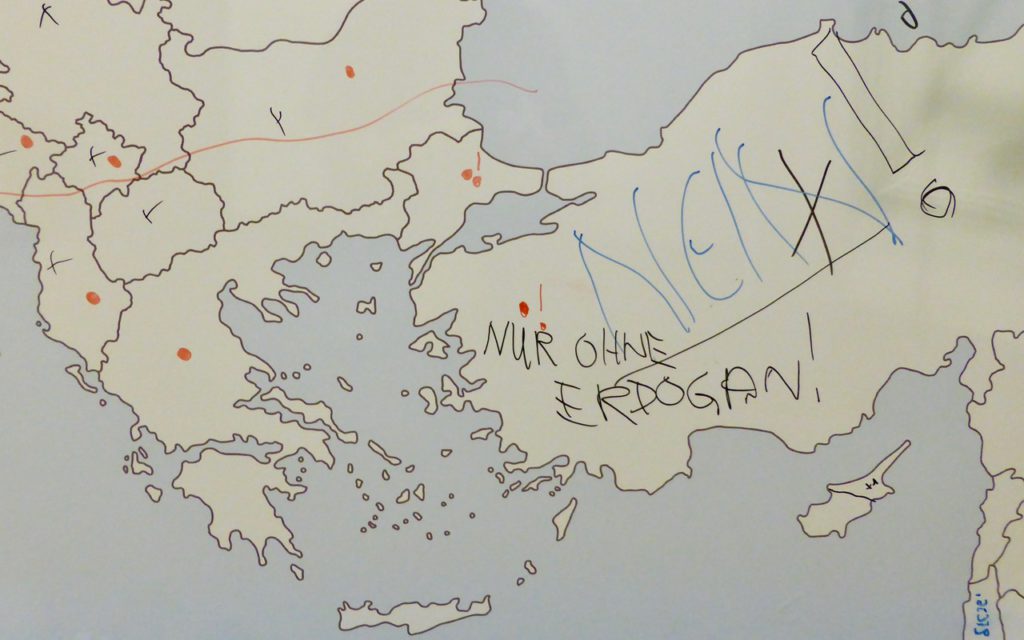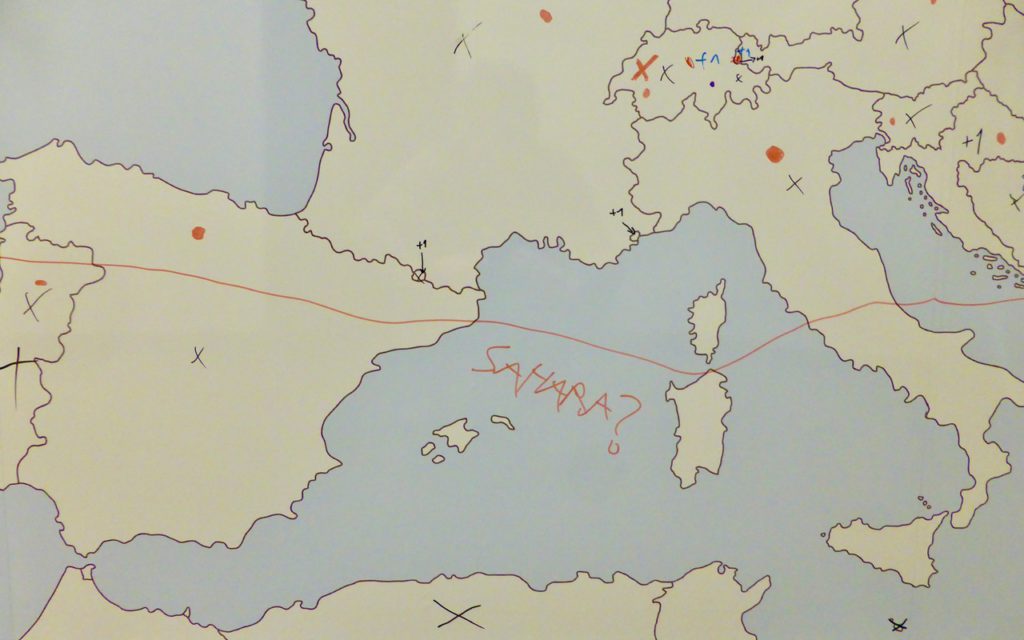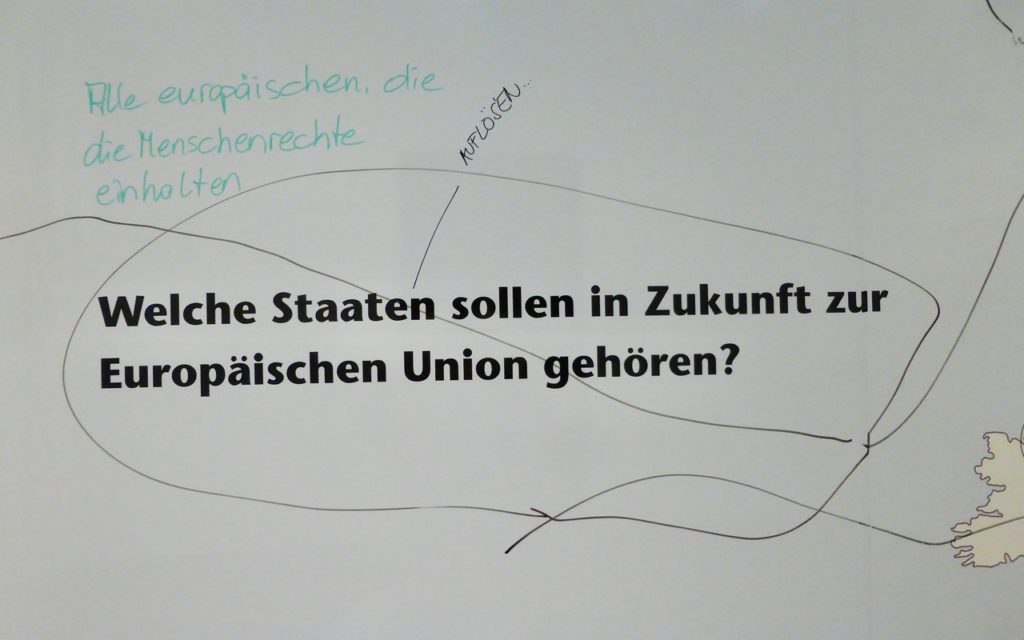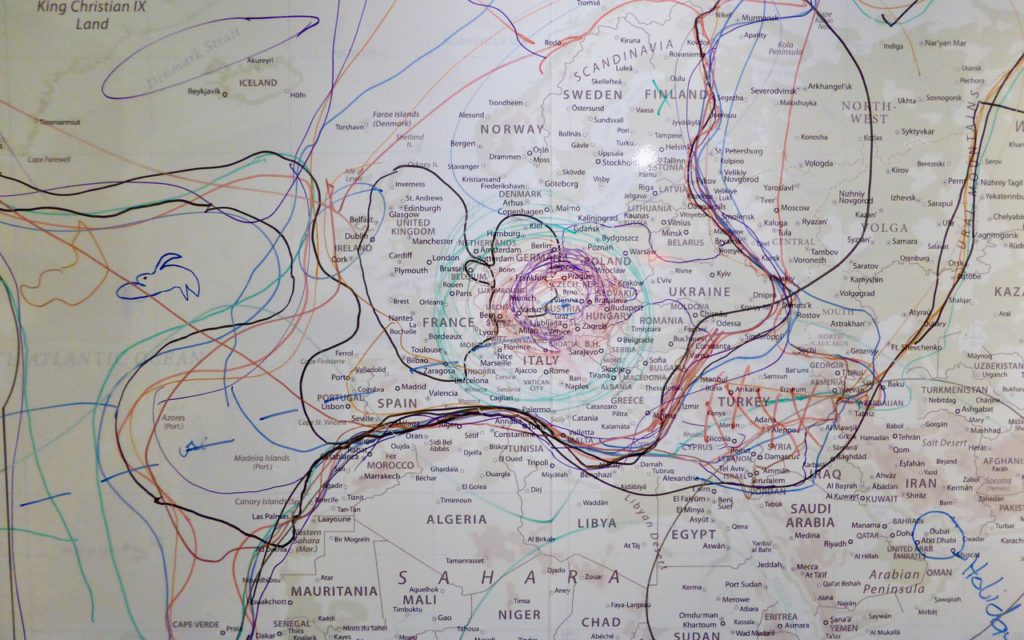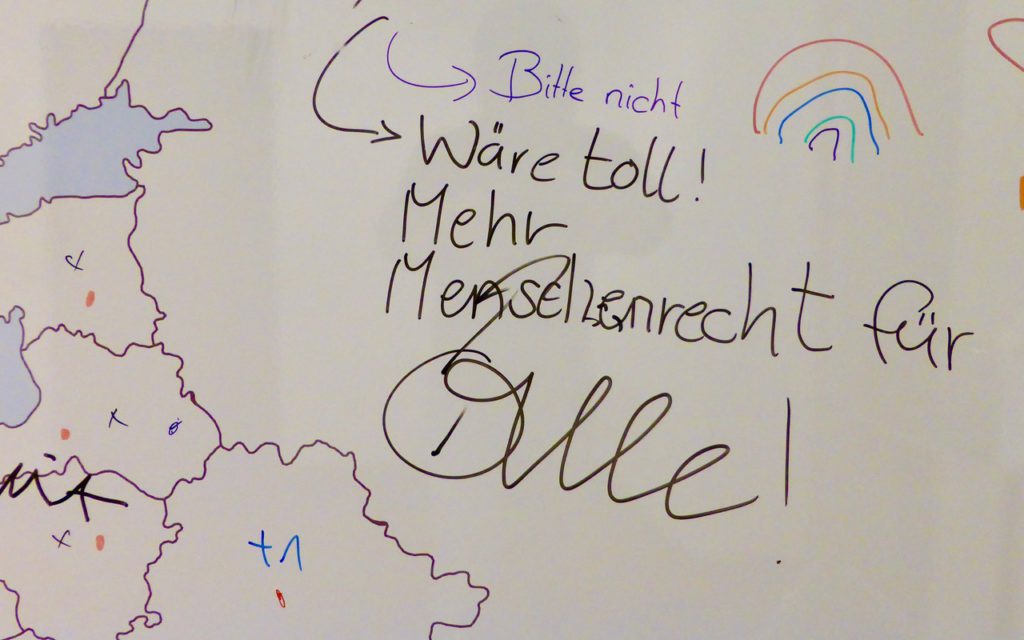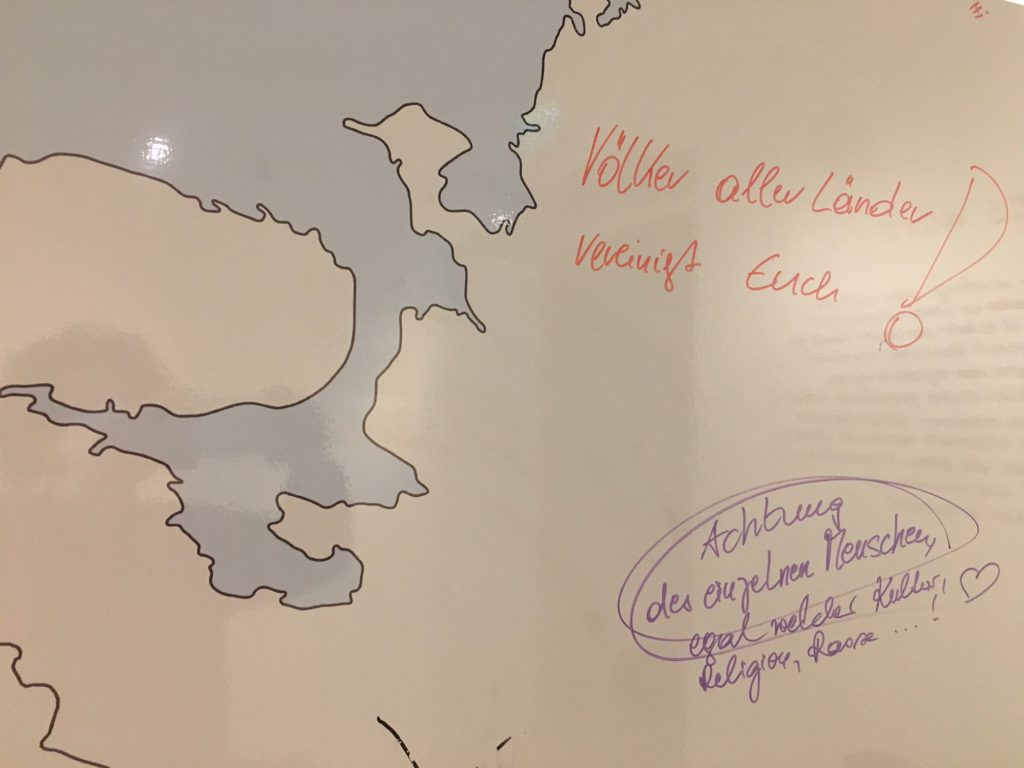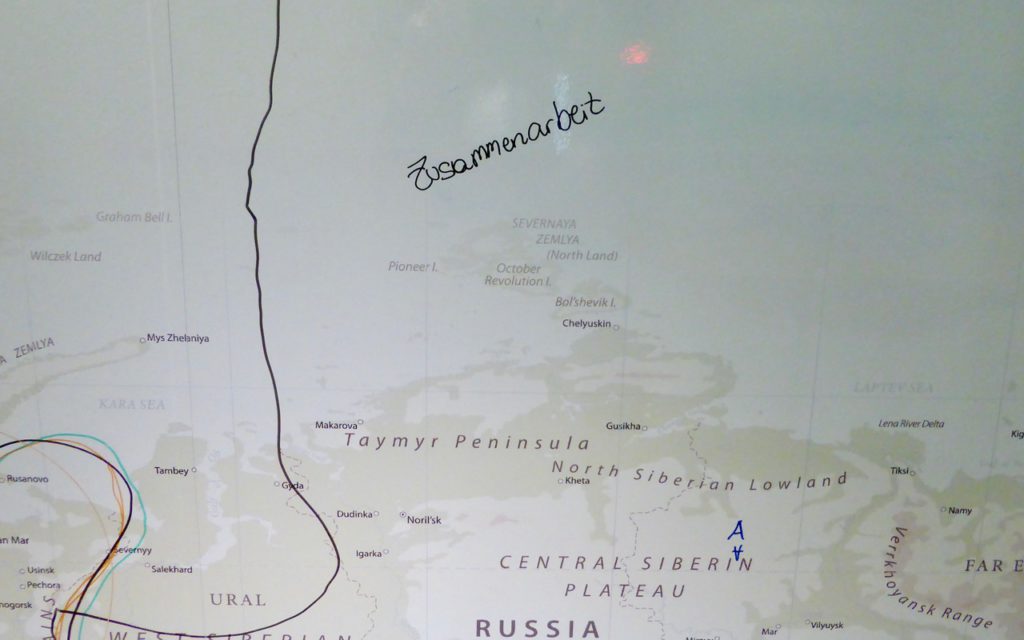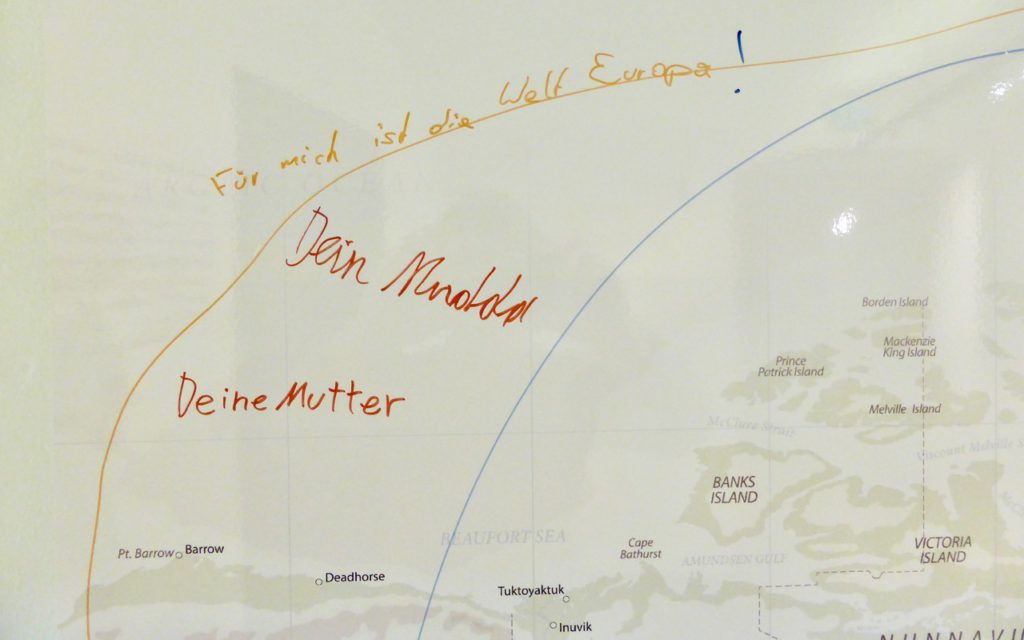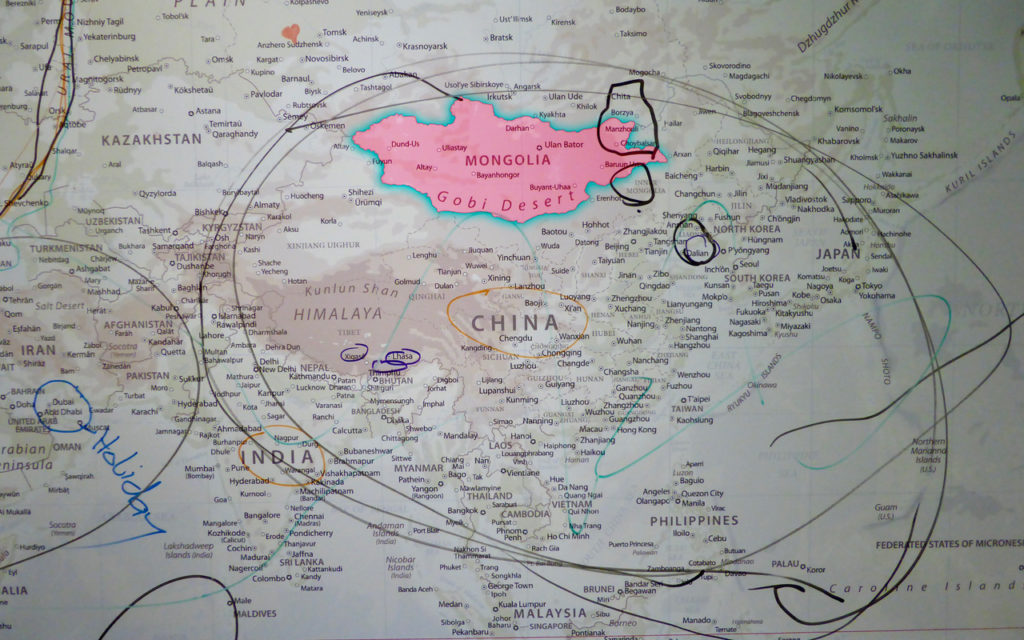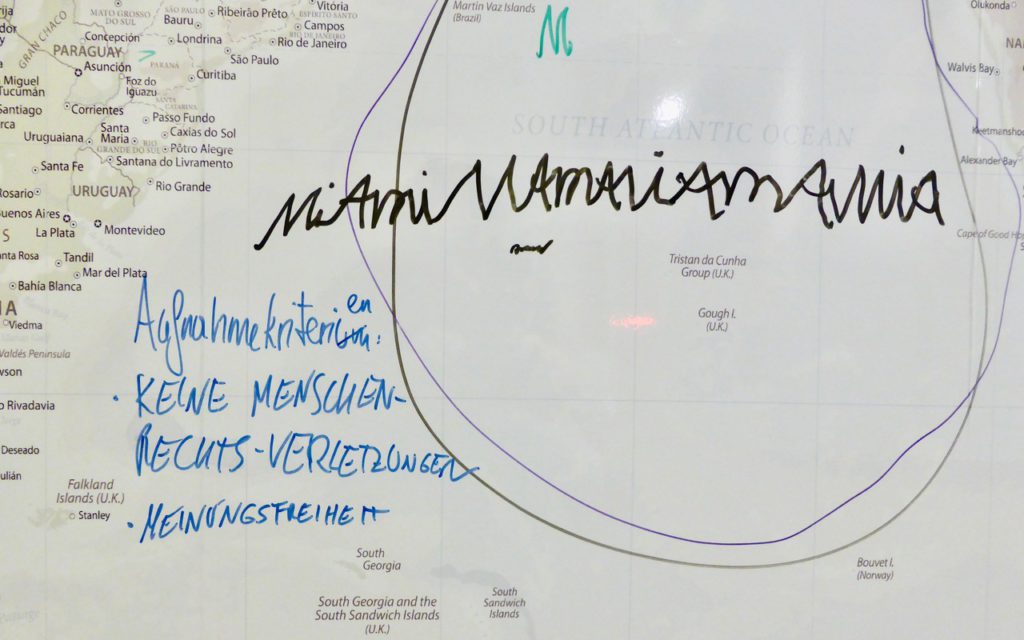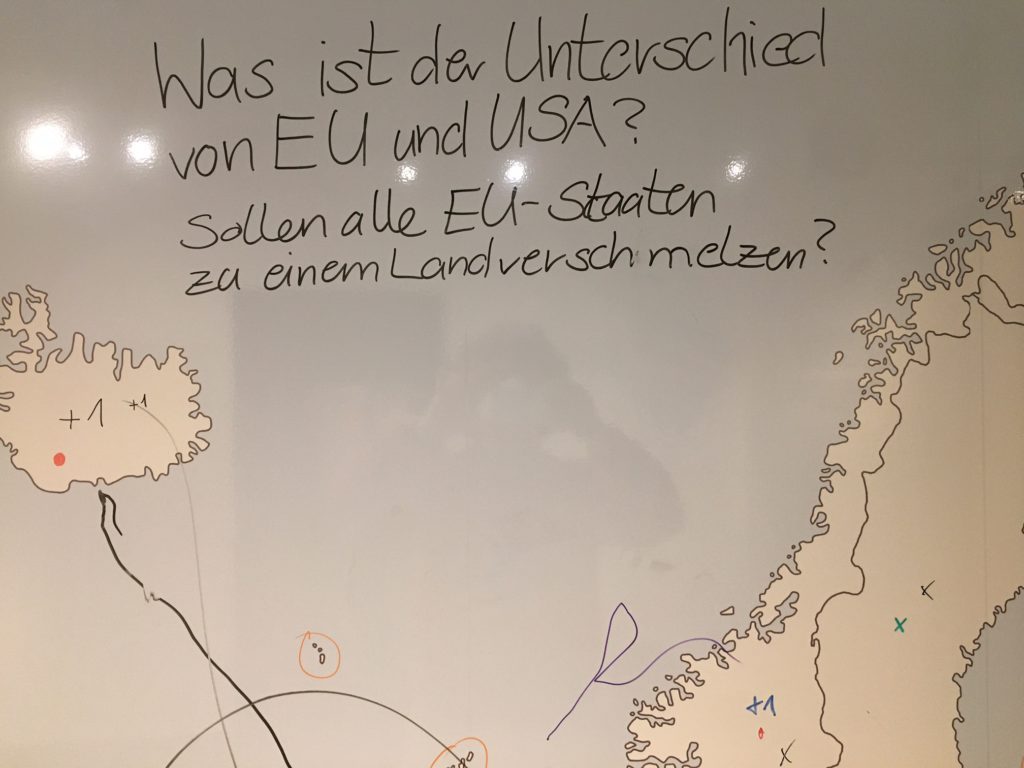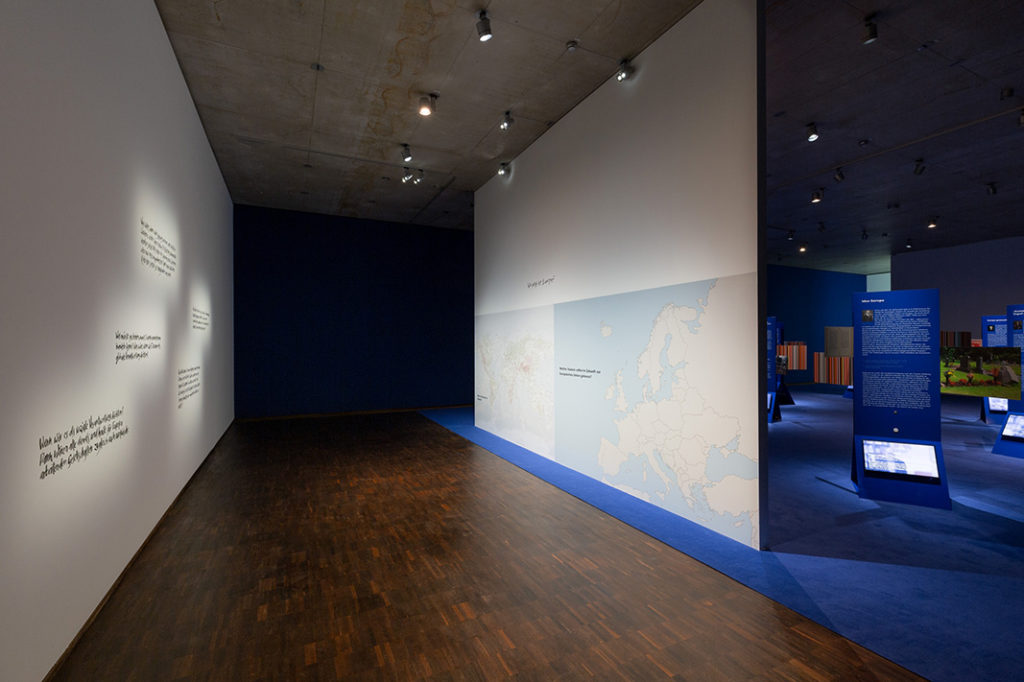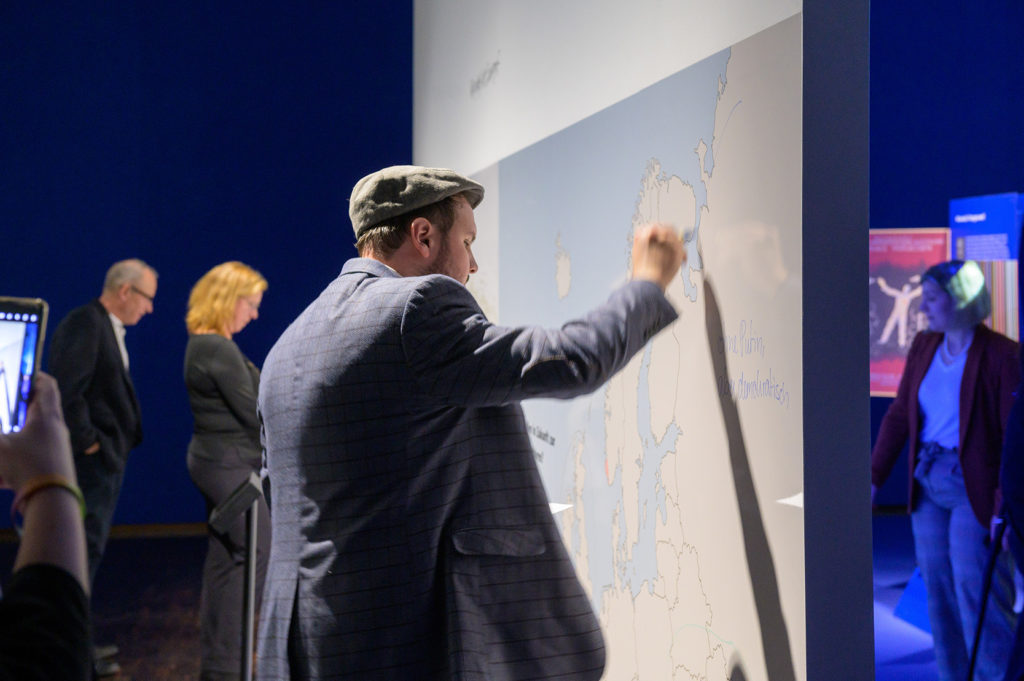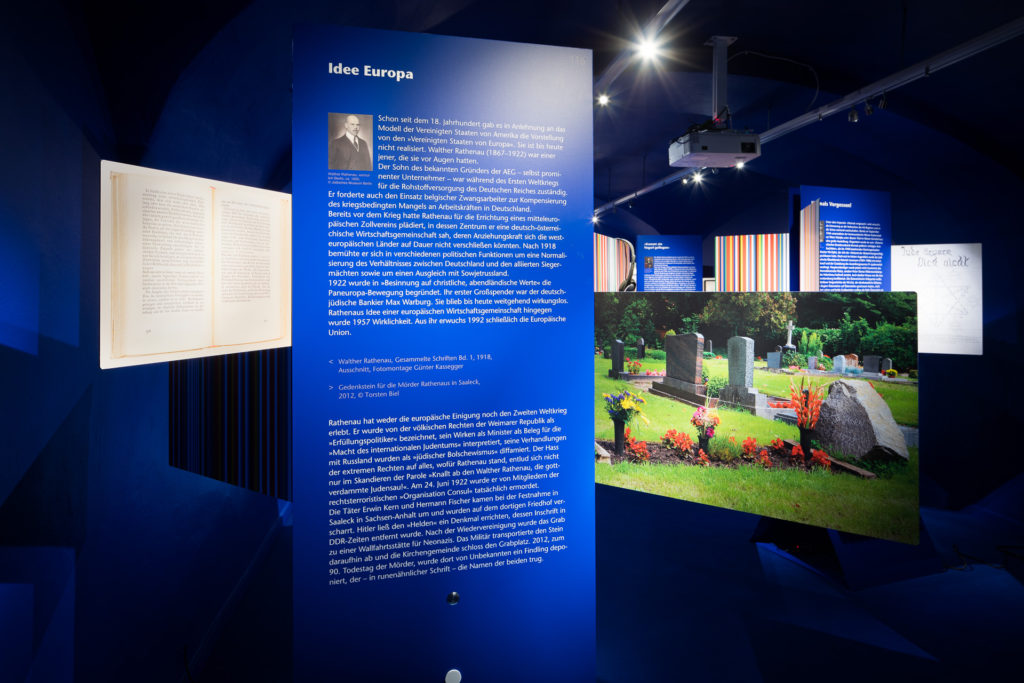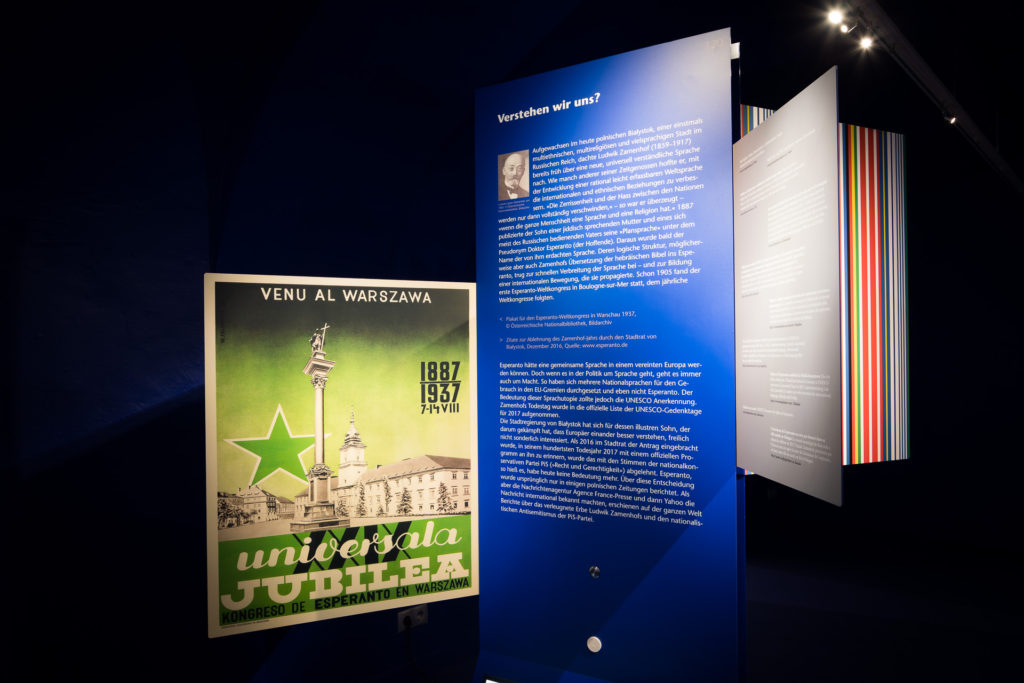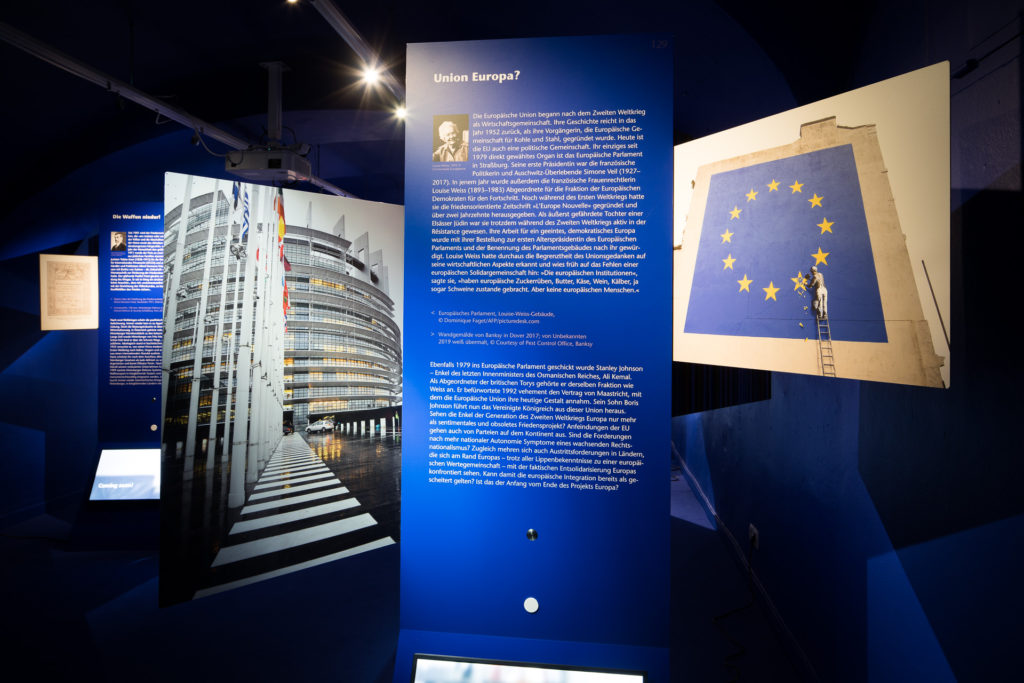European Diary, 30.6.2021: 5 years ago today, Simone Veil, the first president of the directly elected European Parliament, died. Until today, this Parliament is struggling to really become one worthy of its name: the representation of a European sovereign. We are still far from that. Simone Veil, who became President of this dream in 1979, survived the Auschwitz-Birkenau extermination camp at the age of 18. At that time, her name was still Simone Jacob.
In 1944, her family had been arrested by the Gestapo. Her father and brother were deported to Lithuania and murdered. She herself, along with her mother and sister, was deported to Auschwitz in the summer of 1944 and on a death march to Bergen-Belsen in January 1945. There, her mother died of typhus in March before the camp was liberated by the British Army in April.
In 1946 Simone Jacob, by then a law student at the “Institut d’études politiques de Paris” (Science Po), married Antoine Veil from Blamont, a student one year her senior, a descendant of Wilhelmine Löwenberg, who had emigrated from Hohenems to Blamont, France, two hundred years earlier, and whose letters to her parents, so exquisitely polite and written in beautiful Hebrew-German script, now adorn a showcase in the Jewish Museum.
Simone Veil first became a judge, then a leading civil servant in the penitentiary system, and finally as a politician she stood up for the rights of women in particular. As Minister of Health from 1974, she ensured easier access to contraceptives. In 1975, she achieved the legalization of abortion. The law on the abortion period, which she fought through after a tough battle, is still known today as the Loi-Veil (Veil Law).
In 1979, when European citizens were allowed to directly elect their parliament for the first time, she ran at the head of the UDF, the French Liberal Party, and was elected by parliament as its first president. She was a member of the EU Parliament until 1993, the last time she ran as the top candidate on the “Le Centre pour l’Europe” list in 1989, after the French Liberals and Gaullists had not, in her eyes, been sufficiently resolute in their support for European integration.
In 1998, she was to become a member of the French Constitutional Court. For many years, she was also committed to the memory of the Shoah in France. In 2008, she was finally also elected to the Académie Francaise.
A year after her death in 2017, Simone Veil was transferred to the Panthéon in Paris in an act of state and celebrated by President Macron with the following words above all as a Frenchwoman: “With Simone Veil, generations of women who created France enter here. May justice be done to them all today through her.” 15 million two-euro coins bearing her portrait and her Auschwitz prisoner number were minted and put into circulation to mark the occasion.


